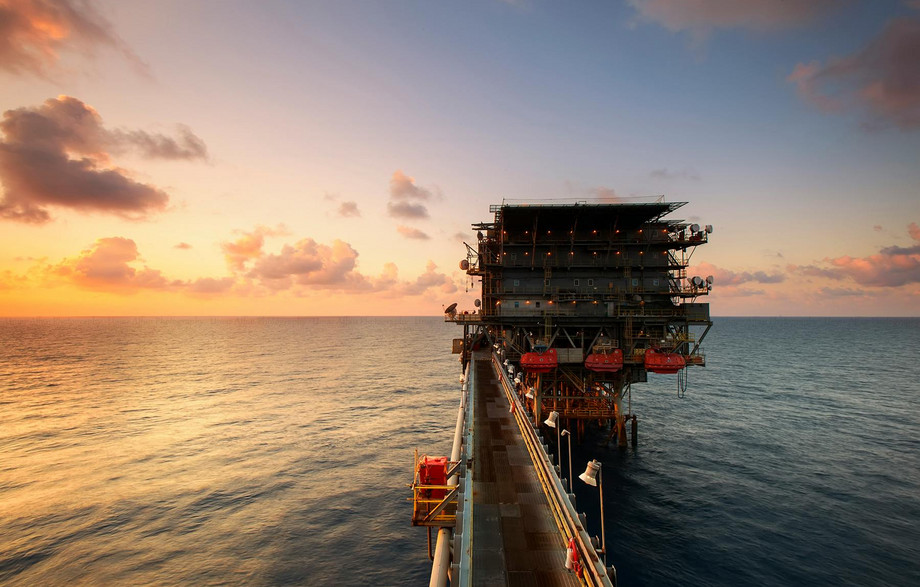Research project to uncover how wastewater metals from production platforms affect the marine environment

Produced water is the term for the water used in the offshore oil and gas industry that is subsequently discharged into the sea from the production platforms. The water contains waste products from production, such as heavy metals, production chemicals, low-level radioactive material and dissolved oil.
There are many indications that produced water is harmful to the marine environment, but researchers do not know enough about the exact content of the water and thus the specific harmful effects. However, new research suggests that the water may contain more heavy metals than previously thought, and new measurements of heavy metals in different oil wells show that the presence of heavy metals can vary by up to 1000% from well to well.
A new research project from DTU Offshore will now map and measure the discharge of heavy metals and trace metals in produced water from a number of oil wells in the North Sea and document how it affects the marine environment. Using advanced analytical techniques, the researchers will measure the presence of trace metals such as copper, cadmium, lead, arsenic, tin, selenium and mercury in the water. VELUX FONDEN has supported the project with DKK 4.4 million over the next three years.
"We know too little about the content of produced water and its impact on marine areas. It is crucial to investigate this so that we can make accurate demands on the oil and gas industry regarding discharges into the sea," emphasizes Charlotte Mogensen, Head of the program area A sea in balance.
Focus on an underexposed area
The project is headed by senior researcher at DTU Offshore Karen Louise Feilberg, who, together with a PhD student and a postdoc, will now start analyzing the data. She also points out that there is a lack of information in the area:
"The grant gives us the opportunity to investigate an underexposed area, because heavy metals in produced water can rarely be detected through routine measurements, as they often occur in very low concentrations and are difficult to measure. In addition, current legislation focuses mostly on undissolved oil residues in the water, but it is important to also look at dissolved substances in the water, such as heavy metals, because they - even in low concentrations - can have a more harmful environmental impact than oil residues," says Karen Louise Feilberg.
Knowledge creates opportunities for action
For VELUX FONDEN, the project is an important part of the program "Combating marine pollution", one of the foundation's three strategic initiatives in the marine environment area. The Danish government has decided to phase out oil and gas extraction in the North Sea, but it will still be many years before the production platforms in the area are finally gone, and until then, more knowledge in the area is crucial:
"There are many indications that produced water is far more harmful to the marine environment than we have previously assumed, and if we are to combat marine pollution, we need to work with all sources of pollution. This project creates the knowledge base for this," concludes Charlotte Mogensen.